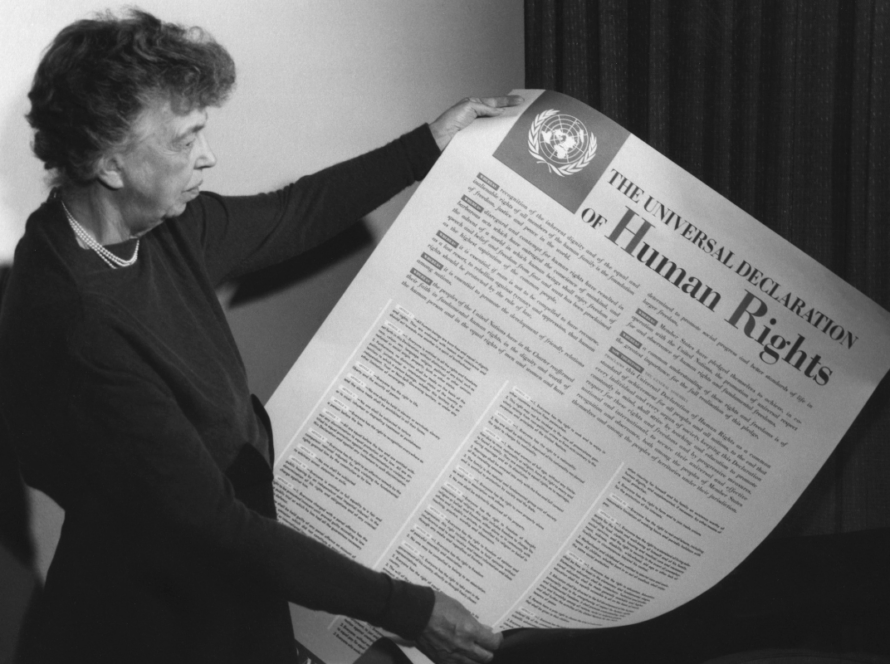Focus | Conciliation agreements in “protected place” – a quick guide to their legitimacy profiles

Often companies and workers have to sign conciliatory agreements (before the Territorial Directorate of Labor – in Italian, Direzione Territoriale del Lavoro – or a trade union). A recent ruling by the Court of Appeal of Naples has highlighted the fact that, unfortunately, in some cases, the content of the agreement does not reflect the free will of the workers.
Let’s analyse the case and have a focus on these conciliatory agreements.
The case
The Court of Appeal Labor Section of Naples (judgment no. 383/2021 filed on January 3, 2022) has recently ruled on a question raised by some workers who believed they had been unfairly discriminated against by the employer, at the time of recruitment. The workers, in fact, despite having achieved the suitability for recruitment, had been excluded because they had refused to sign a conciliatory agreement with the employer. The agreement provided that the workers would waive the right to assert claims relating to the previous period of work with the same employer (specifically, they would have to waive the appeal of some fixed-term employment contracts, which they considered illegitimate, previously occurred between them).
At the time of signing the conciliation agreement (to which the workers had initially presented themselves), DTL had noted that the agreements had been drawn up in full by the employer and had found that the workers’ free will had been lacking. DTL had therefore refused to proceed with the procedure. The employer had then proposed to sign the agreements in the trade union, but the workers, at this point, had refused. For this reason, in their place, the employer had hired other people.
Conciliatory agreements in the workplace: a “protected” place for a “tomb” agreement.
Conciliation represents a central and unavoidable fulcrum of the labor dispute, both in the extrajudicial phase and in the judicial phase (at the first hearing, in the rite of work, the mandatory attempt at conciliation by the Judge is foreseen). The conciliatory agreement is, in fact, a tool aimed at preventing the emergence of disputes in court between the worker and the employer. Therefore, the subject of the conciliation report may be waivers to assert certain claims or rights or transactions with which the parties make mutual concessions.
In order for the agreement between the worker and the employer to be immediately effective and not appealable (it is therefore used to say that the agreement is “tomb” agreement), it must be signed in a so-called “protected” place, that is, suitable to presumptively guarantee the genuineness and spontaneity of the worker’s consent.
The protected places are:
- the court (in the event that a case has been instituted);
- the Conciliation Commissions at the Territorial Labour Inspectorate – in Italian, Ispettorato Territoriale del Lavoro (formerly the Provincial Labour Directorate – in Italian, Direzione Territoriale del Lavoro);
- the Conciliation and Arbitration Boards;
- the trade union offices.
It must be remembered that, in labor law, the worker is always considered as a “weak” party, conditionable and to be protected. Therefore, considering that private settlement agreements (not signed in a “protected” place) could be coerced by the employer, these agreements – unless they concern rights available from the worker – are not considered valid and can be challenged within six months from the stipulation or from the termination of the relationship if subsequent (art. 2113 c.c.). The signing of an agreement in a “protected” place is therefore a benefit for the worker, who is better protected, and who then has a minute having immediate effect as an enforceable title. To take enforcement action against the defaulting employer, it will be sufficient to have the Court affix the order for enforcement, without having to proceed to a preliminary assessment of the right.
Except in cases where a lawsuit has been introduced, the trade union office is, in practice, a privileged way (probably for reasons of simplicity, speed and reduced costs). However, given the high level of conflict in the world of work, it is not uncommon for the system to distort. The case-law has therefore intervened, for example, to:
- reiterate the importance of the requirement of the effectiveness of union assistance (the mere presence of a trade unionist, belonging to any trade union organization other than that to which the worker belongs, would concretize a fictitious protection of the worker, unless the worker does not confer on him a specific mandate of assistance);
- reiterate the importance of express consent that must be free from defects in order to validate the waivers;
- assert the possibility to challenge of single-union conciliation minutes outside the hypotheses provided for by the CCNL and in any case in the absence of effective representativeness of the union involved.
In the context of a conciliation, it may therefore be necessary for lawyers to intervene alongside each of the parties; lawyers same will be effectively in charge of assisting them, representing them, informing them about the implications of the affair, the concrete implications of the agreement and the actual scope of the waivers and concessions expressed. In this sense, we will also see if the solution put forward with the delegated law 206/2021 for the reform of civil justice (i.e. the introduction of assisted negotiation for labor cases with the assistance of lawyers or labor consultants, without the need to go through a protected place), will be concretely more advantageous; we therefore await the legislative decree of implementation that will determine its operation.




